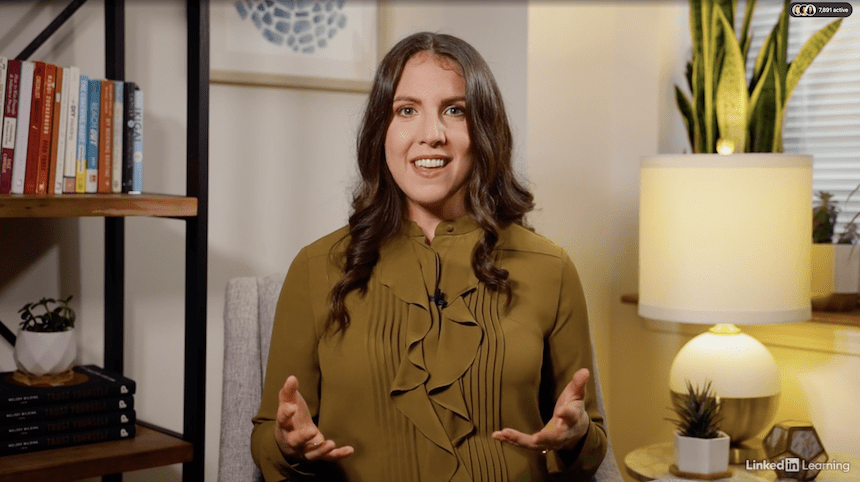Have you ever found yourself paralyzed by when you had to make a decision at work?
Or maybe you have dwelled for far too long about an off-handed comment your boss made to you?
Perhaps you have overanalyzed your performance during a presentation, or even wake up at night because your mind is racing with thoughts.
Sound familiar?
These scenarios are all examples of overthinking.
What is Overthinking?
If you’ve ever spent time whirling in indecision, second-guessing your contributions, or ruminating about a mistake you’ve made, then you know overthinking well.
Your mind somehow turns minor situations into major ones, which can lead to needless stress, worry, and overreaction. In other words, your thoughts are unhelpful and repetitive.
Research shows that over 73 percent of adults struggle with overthinking. It’s even more common for highly sensitive professionals. As deep processors, they tend to take in more information and process it more deeply. While this perceptiveness is a tremendous strength, if unmanaged, it can lead to approaching every day on mental overdrive.
Overcome Overthinking
It is possible to find freedom from the cycle of what-ifs, fear, and doubt that plague you. The sooner you take control of overthinking, the happier, more productive, and effective you’ll be at work.
That’s where my new LinkedIn Learning course, Overcome Overthinking, comes in. This course will show you how to:
- Stop worrying about things you can’t control
- Make better, faster decisions with less stress
- Build your confidence instead of dwelling on your shortcomings
- Conquer fear and take braver action in your career
Let go of overthinking from Overcome Overthinking by Melody Wilding




